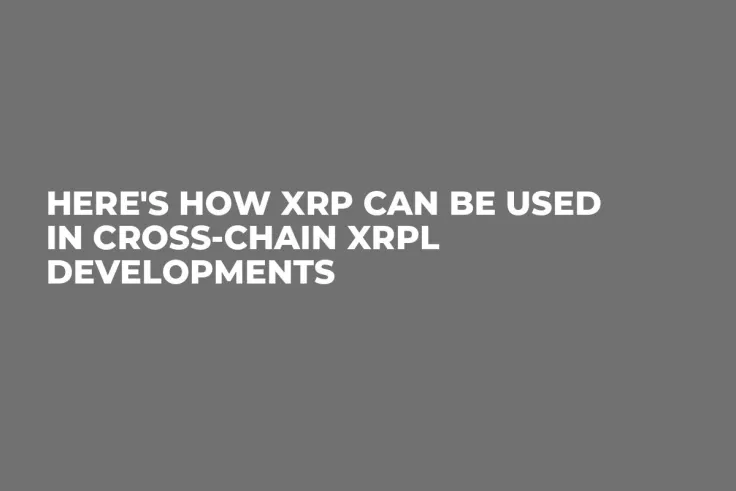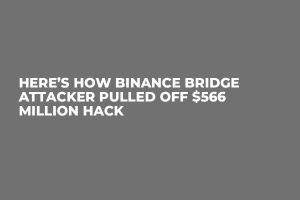Author of pseudonymous community-driven account @WKahneman indicates main concerns of XRP community regarding possible centralization and regulatory risks of using XRP token as a medium in cross-chain value transfer.
Various blockchains, various XRP tokens?
According to the thread shared by @WKahneman on Twitter, there is a discussion in the XRPL-focused developer community regarding the details of XLS-38d, an amendment to XRP Leger protocol for cross-chain interaction. Basically, the developers raised concerns about its elements that can become potential centralization points.
Care about #XRP? #XRPL?
— WrathofKahneman (@WKahneman) June 1, 2023
There is an important debate about the XLS-38d Cross Chain Bridge amendment you will want to understand. Why?
Centralization and its legal implications. A simple summary of the discussion. 🧵/9 https://t.co/qGai6ufwo2?from=article-links
Namely, the possible design of cross-chain bridges in XRP Ledger includes "witness" servers, a third-party verifier of the equivalency of assets in various parties involved in the bridge. For instance, it should check and prove whether the "issuer" locked 100 XRP to allow the "recipient" to unlock 100 eXRP ("mirrored" assets).
That is why this "witness" has too much centralized power: it should be trusted by both parties and can significantly affect the process of asset bridging. Also, this design requires off-chain coordination.
Also, this server can be exposed to regulatory threats. As it is directly responsible for money transfer and controls the bridge, it will require a license in certain jurisdictions.
Thus, various IoUs based on XRP can result in creating multiple XRP-based synthetics with different use cases, different liquidity ecosystems and so on. This creates the opportunity for a dangerous imbalance.
Why cross-chain bridges matter
Last but not least, it is necessary for the entire design of XRP Ledger to consider all the bottlenecks of potential bridge solutions as they become its integral parts:
The key issue here is that XLS-38d makes the bridge a native part of the #XRPL. There are external bridges already, and the risk they pose is not assumed by the XRPL. XLS-38d changes that. So what is gained by making the bridge native? Is it worth the risks?
The further vectors of discussion about XRPL's cross-chain solutions include potential costs associated with such solutions, resource efficiency and so on.
As covered by U.Today previously, cross-chain bridges, i.e., noncustodial mechanisms of value transfer between various heterogeneous blockchains, are crucial for the liquidity ecosystems of major blockchains and dApps.
At the same time, thanks to complicated tech designs, they are exposed to hacks, attacks, manipulations and other forms of malicious activities. In 2022, hackers managed to perform a number of nine-digit hacks of cross-network bridges.



 Dan Burgin
Dan Burgin Vladislav Sopov
Vladislav Sopov